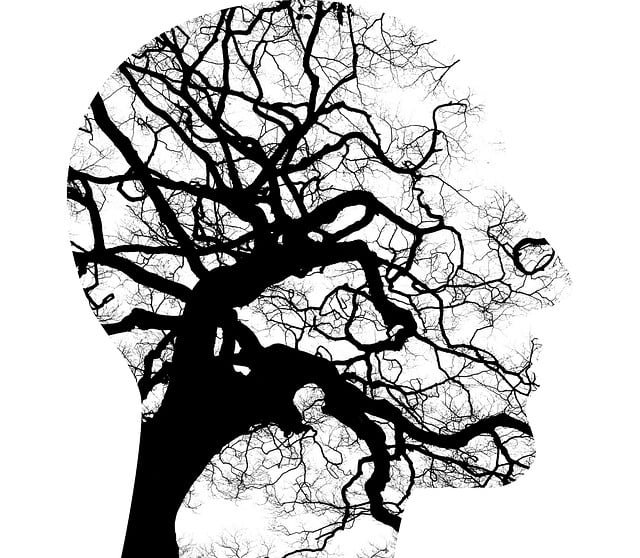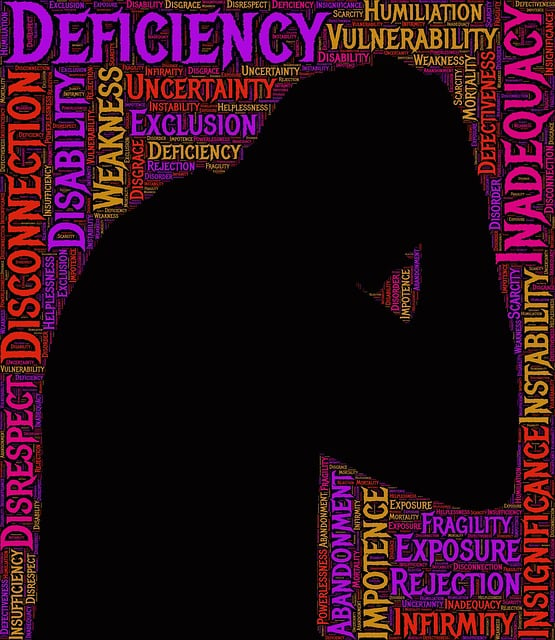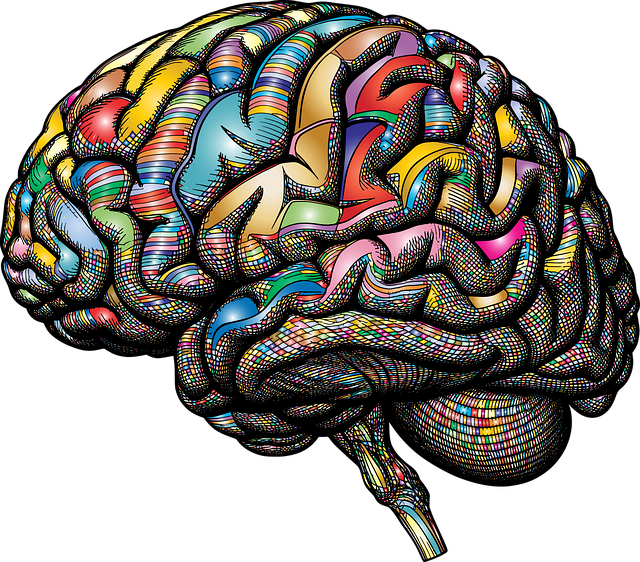The text discusses the need for more realistic media portrayals of mental illness, addressing current oversimplifications that perpetuate stigma. It proposes a multi-strategic approach including Westminster Exposure and Response Prevention Therapy (W-ERP) to challenge stereotypes and improve understanding. W-ERP combines exposure therapy with coping mechanism development. Public Awareness Campaigns, diverse representations, and involving individuals with lived experience in media production are recommended. Empathy Building Strategies within narratives and risk assessment by mental health professionals are crucial. Measuring impact through research and education programs institutionalize positive change, aiming to reduce stigma, encourage support, and prevent burnout among those with mental illness.
Mental illness representation in media is a crucial topic that significantly impacts public understanding. This article explores the current landscape of mental health portrayal, highlighting challenges and opportunities. We introduce an innovative approach, Westminster Exposure and Response Prevention Therapy (WERP), as a solution to foster accurate and positive depictions. By analyzing strategies for enhancing media’s influence on mental health awareness, we discuss how WERP can guide more responsible storytelling. Through measuring impact, this comprehensive review offers insights into the effectiveness of media in promoting mental wellness.
- Understanding Mental Illness Representation in Media: The Current Landscape
- Westminster Exposure and Response Prevention Therapy: An Innovative Approach
- Challenges in Portraying Mental Health Issues Accurately
- Strategies for Enhancing Positive Mental Illness Depictions
- Measuring Impact: Evaluating the Effectiveness of Media's Influence on Mental Health Awareness
Understanding Mental Illness Representation in Media: The Current Landscape

The representation of mental illness in media has long been a subject of debate and analysis. Currently, there is an increasing awareness of the impact that media portrays can have on public perception and understanding of various conditions. However, the landscape remains complex. Many portrayals still fall into stereotypes or offer simplistic narratives, often failing to capture the nuances and challenges associated with living with mental illness. This lack of accurate representation can lead to further stigma and misunderstanding. For instance, conditions like anxiety and depression are frequently depicted as solely caused by personal weakness or as a result of dramatic life events, oversimplifying what is often a complex interplay of genetic predisposition, environmental factors, and personal experiences.
Addressing this issue requires a multifaceted approach. One effective strategy is the implementation of therapy models that promote both exposure and response prevention (ERP), such as Westminster Exposure and Response Prevention Therapy. These therapies encourage individuals to confront their fears and avoidant behaviors associated with mental health challenges, fostering inner strength development. Additionally, Public Awareness Campaigns Development can play a vital role in educating the public, challenging stereotypes, and promoting empathy. By combining these approaches, we can strive for more realistic and empathetic media representations that contribute to burnout prevention by reducing stigma and encouraging support for those living with mental illness.
Westminster Exposure and Response Prevention Therapy: An Innovative Approach

Westminster Exposure and Response Prevention Therapy (W-ERP) offers a promising approach to addressing mental illness representation in media. This innovative therapy combines traditional exposure therapy with prevention strategies tailored for healthcare providers and individuals seeking self-care practices. By exposing clients to anxiety-provoking scenarios in a controlled environment, W-ERP helps them develop coping mechanisms and emotional intelligence, reducing the impact of media’s often simplistic or misleading portrayals of mental health.
This method focuses on preventing burnout among healthcare professionals by equipping them with tools to navigate complex conversations about mental illness effectively. By fostering a deeper understanding of the nuances surrounding mental health, W-ERP contributes to more empathetic and accurate representation in media, challenging stereotypes and promoting better support systems for those struggling with their mental well-being.
Challenges in Portraying Mental Health Issues Accurately

Portraying mental health issues accurately in media has long been a challenge due to stereotypes and a lack of understanding. Often, media representations simplify complex conditions, leading to misconceptions among viewers. This can impact how society perceives individuals with mental illness, potentially hindering their access to support and treatment. For instance, the portrayal of depression might focus on constant sadness without exploring the various symptoms, such as fatigue or changes in appetite, which don’t always fit a typical ‘depressed’ narrative.
A nuanced approach is necessary to challenge these stereotypes. Techniques like Westminster Exposure and Response Prevention Therapy (WERP) can be beneficial here. By showcasing characters navigating their mental health struggles with professional guidance, media can offer more realistic and empathetic depictions. This not only raises awareness but also provides valuable Crisis Intervention Guidance, promotes Self-Esteem Improvement, and encourages resilience building – crucial aspects in addressing mental health challenges.
Strategies for Enhancing Positive Mental Illness Depictions

To enhance positive mental illness depictions in media, several strategies can be implemented. One effective approach is to involve individuals with lived experience as advisors or consultants during production. This ensures authenticity and promotes the use of accurate terminology, thereby fostering a deeper understanding among audiences. Additionally, incorporating diverse representations of mental health conditions challenges stereotypes and promotes empathy. Storylines should focus on the individual’s resilience and strengths rather than solely on their illness, highlighting the Mind Over Matter principles that many embrace.
Exposure and Response Prevention Therapy (ERP) can also play a role in encouraging responsible media representation. By showcasing characters navigating therapeutic processes, audiences gain insights into effective coping mechanisms. Empathy Building Strategies within narratives encourage readers or viewers to consider mental health issues from different perspectives. Furthermore, risk assessment remains crucial for mental health professionals; they must be prepared to address potential triggers and provide support for both the actors and the audience, ensuring a safe viewing experience while promoting accurate awareness of mental health resources.
Measuring Impact: Evaluating the Effectiveness of Media's Influence on Mental Health Awareness

Measuring the impact of media representation on mental health awareness is a crucial step in evaluating its effectiveness as a challenge solution. By employing strategies such as Westminster Exposure and Response Prevention Therapy, researchers can gauge how media content influences public perception and understanding of mental illness. This involves tracking changes in attitudes, knowledge, and help-seeking behaviours before and after exposure to carefully curated media narratives.
Effective communication strategies, including Mental Wellness Journaling Exercises and Guidance, play a vital role in this process. These tools enable individuals to reflect on the media content they consume, fostering deeper understanding and empathy. Additionally, designing comprehensive Mental Health Education Programs can help institutionalize knowledge gained from media exposure, leading to broader societal acceptance and support for those living with mental illness.
Media representation of mental illness plays a pivotal role in shaping societal perceptions. While challenges remain, innovative approaches like Westminster Exposure and Response Prevention Therapy offer promising solutions. By implementing strategies for accurate and positive depiction, media can significantly contribute to enhancing mental health awareness. Evaluating the impact through effective measurement will ensure these efforts lead to meaningful changes, fostering a more compassionate and informed society.














